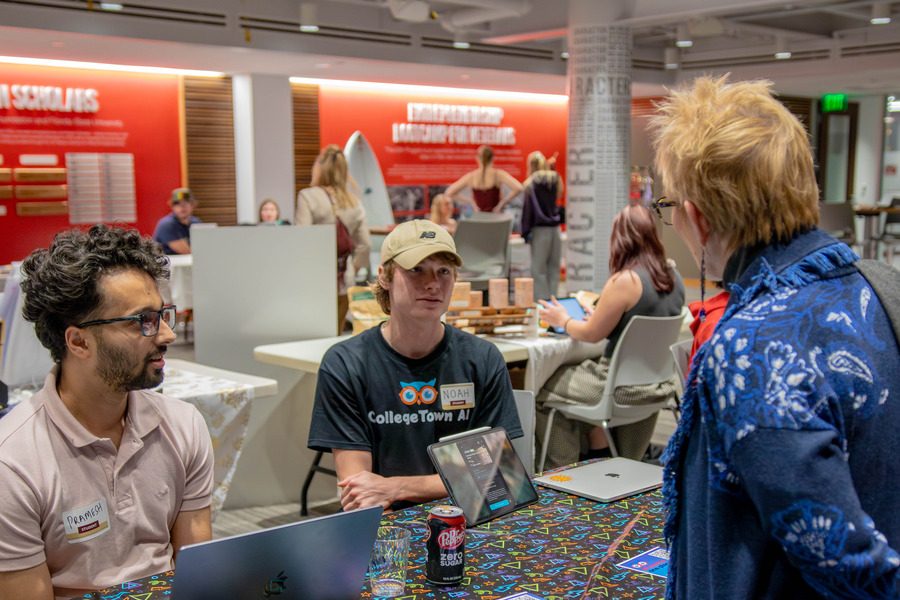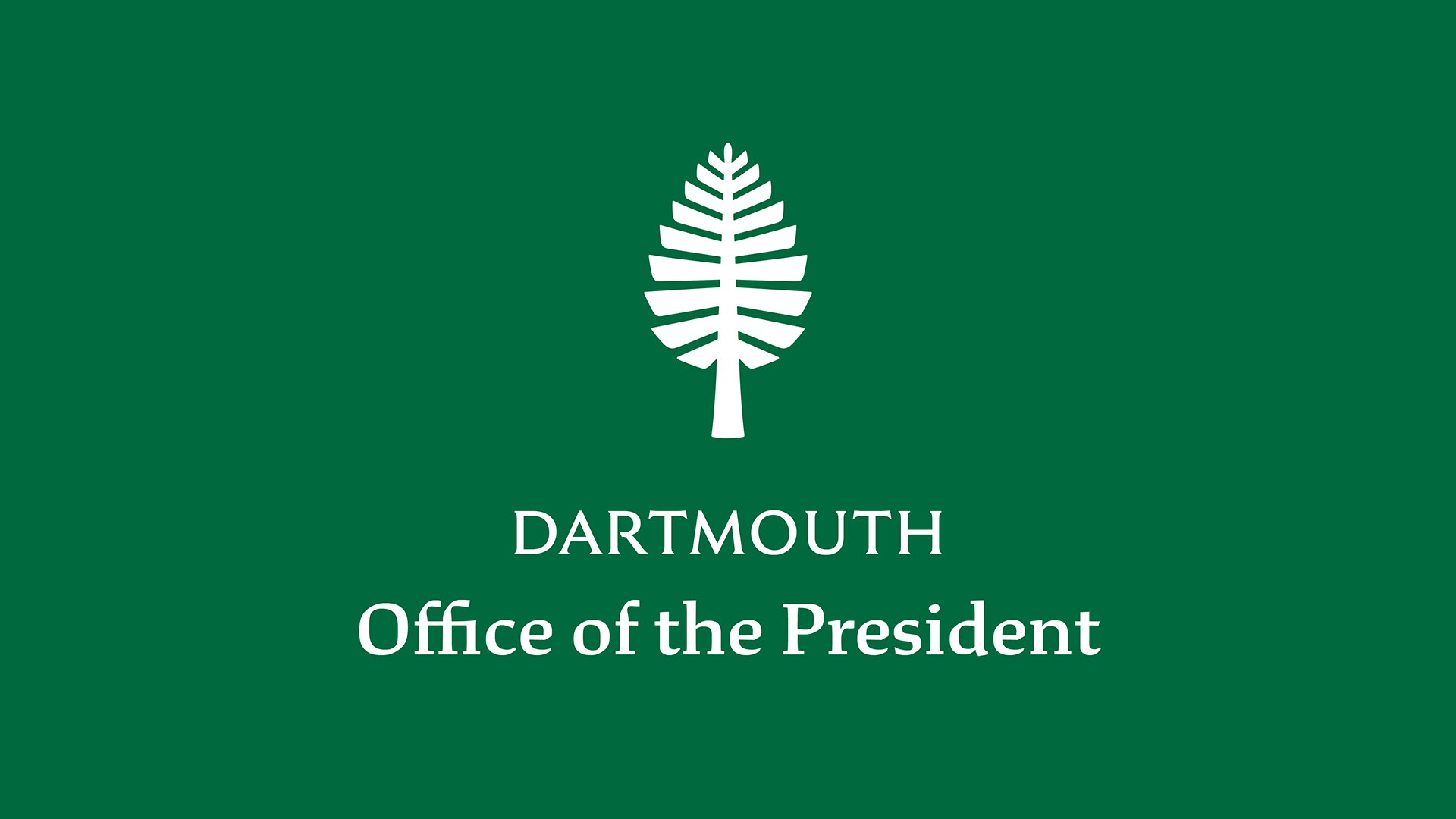NUC, EyeCity Africa call for entrepreneurship, innovation in higher education

…says universities must produce job creators, not job seekers
The National Universities Commission (NUC), in partnership with EyeCity Africa, has called for a comprehensive rethinking of entrepreneurship and innovation within Nigeria’s higher education system, stressing that universities must begin to graduate job creators rather than job seekers.
This position was the outcome of Stakeholders at the Roundtable on “Rethinking Entrepreneurship and Innovation in Higher Education” held in Abuja.
The meeting brought together representatives of the Tertiary Education Trust Fund (TETFund), the British Council, the National Board for Technical Education (NBTE), the National Commission for Colleges of Education (NCCE), the United Nations Development Programme (UNDP), World Intellectual Property Organisation (WIPO), and several universities and private-sector partners.
Speaking at the meeting, Abdullahi Yusufu Ribadu, Executive Secretary of the NUC, represented by Lawal Mohammed Faruk, Director of Research, Innovation and Information Technology, said the time had come for Nigerian higher education institutions to embrace a more practical, innovation-driven model that aligns with the needs of the 21st-century economy.
“Nigeria in particular, hinges on how effectively its young people are engaged and equipped for the job market. With more than 2,845 higher education institutions, including universities, polytechnics, monotechnics, innovation enterprise institutions, and TVET centres.”
He noted that although entrepreneurship development courses and curriculum reforms have been introduced across universities, significant gaps remain, particularly in commercialising research outputs, strengthening university–industry linkages, and building structures that enable ideas to scale into market-ready solutions.
“Nigeria produces about 700,000 graduates every year, but the formal economy creates far fewer jobs. Meanwhile, brilliant research often remains on shelves, acclaimed journals, with limited pathways to transform these ideas into new enterprises, new technologies, and new market opportunities that can solve Nigeria’s pressing problems.
“What this tells us is that innovation must not stop in the hub, and research must not stop within the academic walls of the classroom. We must build stronger structures that,” he said.
A preliminary survey presented by EyeCity Africa highlighted a large deficit in entrepreneurship education, including outdated pedagogies, weak intellectual property management structures, and inadequate innovation funding mechanisms.
Stakeholders at the meeting also identified the absence of effective industry collaboration and limited efforts to commercialise viable research.
They resolved that the country’s youth population, its most valuable asset, must be intentionally harnessed through reforms that make entrepreneurship a core pillar of higher education.
Participants called for the realignment of university philosophy, curricula, and teaching methods to meet current industry needs and global competitiveness standards.
Read also: FG approves only private varsities that meet standards — NUC
Key recommendations included the establishment of Technology Transfer Offices (TTOs), innovation and IP centres, mandatory entrepreneurship courses from first to final year, blended learning models co-taught by academia and industry, improved funding through blended finance facilities, and strong mentorship structures linking students to successful entrepreneurs.
Stakeholders also emphasised the need for universities to forge deeper partnerships with innovation hubs, enhance alumni engagement, and adopt outcome-based financing tied to measurable innovation results.
They further urged regulatory agencies to tie accreditation metrics to the number of innovations produced and jobs created by institutions.
A working group was also constituted to drive the implementation of the resolutions, with members drawn from the NUC, EyeCity Africa, British Council, Seed Builders Hub, Nasarawa State University, the African University of Science and Technology (AUST), Ahmadu Bello University (ABU), the NCCE, the Nigeria Employers’ Consultative Association (NECA), and the Federal Ministry of Education.

link


:max_bytes(150000):strip_icc()/ENTREPRENEUR-final-5f937601d416459bb7c9d28fe5052b42.png)





